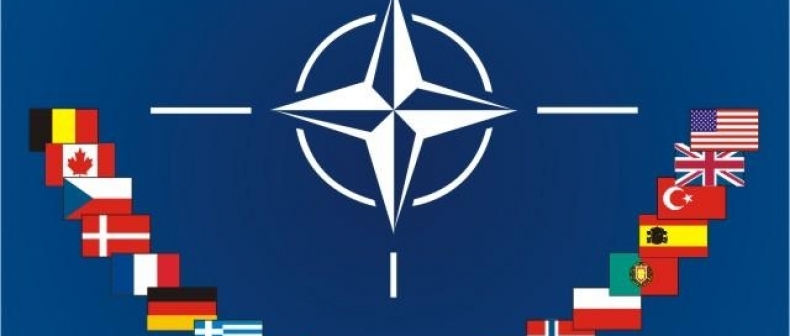
This is the first in a series of five articles focusing on the experience of a Canadian counter-terrorism analyst at a NATO seminar in Denmark, to discuss the future of national security and how NATO intends to respond to emerging threats around the world.
A New Strategic Bargain
The conference began with a general overview of the challenges NATO is facing and what resources and response capabilities NATO and its member-states have to address them. With the emphasis on threats such as cyber-security, counter-terrorism, counter-insurgency and maritime security, the briefings stressed how the liberal world order is changing, and that this creates a need for new strategic bargains.
While briefings analyzed emerging threats around the world, it was clear that NATO members now understand that the primary threats are no longer concentrated along the border of Western Europe, but lie beyond the periphery of the Transatlantic Community. With special emphasis placed on areas such as the Persian Gulf, Africa, the Middle East, China and Central Asia, NATO is undergoing a major reorientation to adapt to this new strategic reality.
Since threats often materialize beyond our borders, any new strategic bargain would require alliances to be made with some of the most vulnerable and unsavory states in order to engage in joint campaigns, share intelligence and establish military and political cooperation. Although NATO members are traditionally bonded by common geography, values and outlook, any new strategy will require the continuation of forming new alliances or working partnerships with high-risk states in order to stay ahead of the curve, and address threats before they fully materialize.
Challenges to Overcome
Beyond recognizing and addressing this new reality, NATO is faced with two major questions: How does the Alliance remain cohesive amidst major changes? How does NATO maintain its motivation and operational capability amid a global economic crisis? These two questions strike at the core of the debate and underwrite any discussion of how to address new challenges. So far, the theme is “do more with less,” while the answer of how remains elusive.
Moreover, analysts agree that addressing hybrid threats would be the most crucial asset in any new national security strategy. Hybrid threats refer to terrorist or insurgent groups that operate simultaneously in both the political and terrorist arenas. These groups are deemed especially dangerous because while they are conducting, promoting and supporting terrorist activity, they are also providing welfare services to the general public, engaging in international diplomacy, launching public relations and seeking political recognition from both state and non-state actors. Hybrid threats such as these are more dangerous than traditional threats because while they threaten those within and beyond their borders, they are successful at deceiving the world into thinking that they are legitimate political representatives. Since the inter-connectedness of the 21st century and the ease of communication and transportation have made traditional security norms obsolete, states are struggling to comprehend and address these new hybrid threats as they continue to emerge.
Another critical challenge that was emphasized throughout the briefings was the need to redefine the success criteria for how we evaluate our own security. Analysts argued that the success criteria for national security should not be based on prevention but rather on a state’s ability to absorb and recover quickly. For this redefinition to work, societies must educate themselves on the nature of resilience and maintain a strong moral fabric that bonds their people together to avoid dissention and capitulation in the face of emerging threats and challenges.
Conclusions
Five far reaching conclusions were reached as a result of consensus amongst NATO members. First, new strategic partnerships based on interests rather than values are necessary. Second, there is a strong need to strengthen societal resilience and bolster the ability to quickly recover from attacks or setbacks. Third, a greater emphasis on civil-military cooperation and inter-organizational relations both within and between states is required. Fourth, the future of NATO depends on its ability to adapt and respond while juggling multiple threats. Fifth, since the interests of NATO’s member states will not always align, much of NATO’s success will depend on its ability to balance institutions such as the EU or UN against NATO’s overarching strategic interests.
As the briefings are set to continue, future dispatches will focus on the future of the European Union, the implications of drone warfare, the significance of the Arctic Circle, the future of Afghanistan, NATO’s Smart Defence and the volatility of the South Caucasus.
—
Jason Wiseman is a Senior Counter-Terrorism Analyst at the Atlantic Council of Canada. He writes about foreign affairs.
For more, follow us on Twitter at @TorontoStandard and subscribe to our newsletter.














